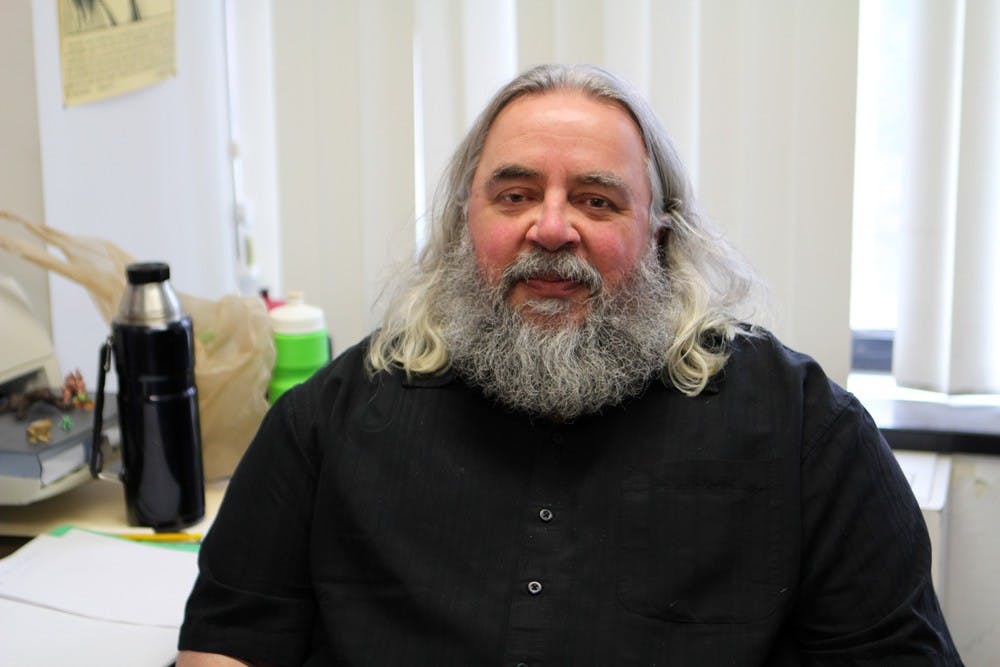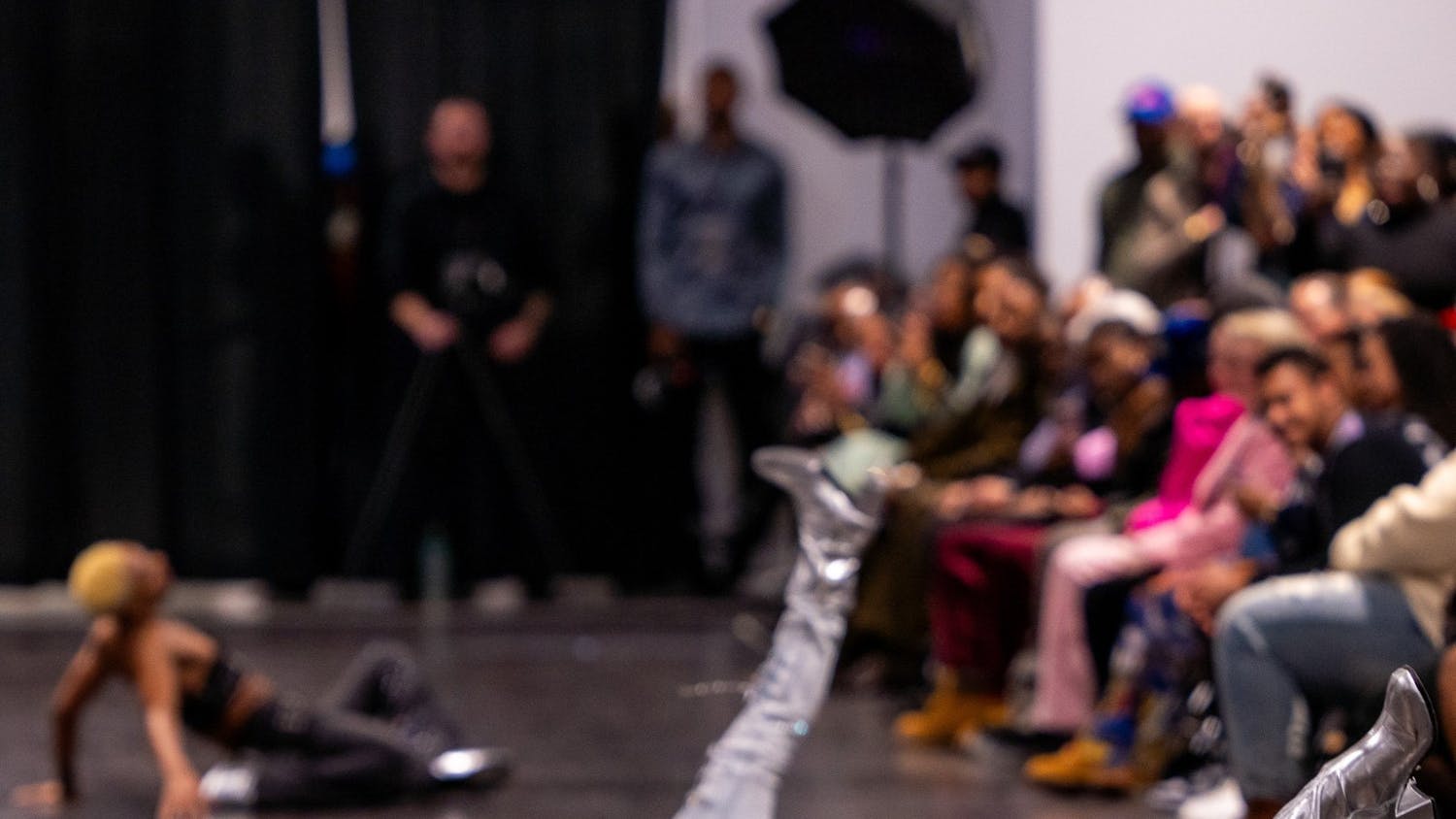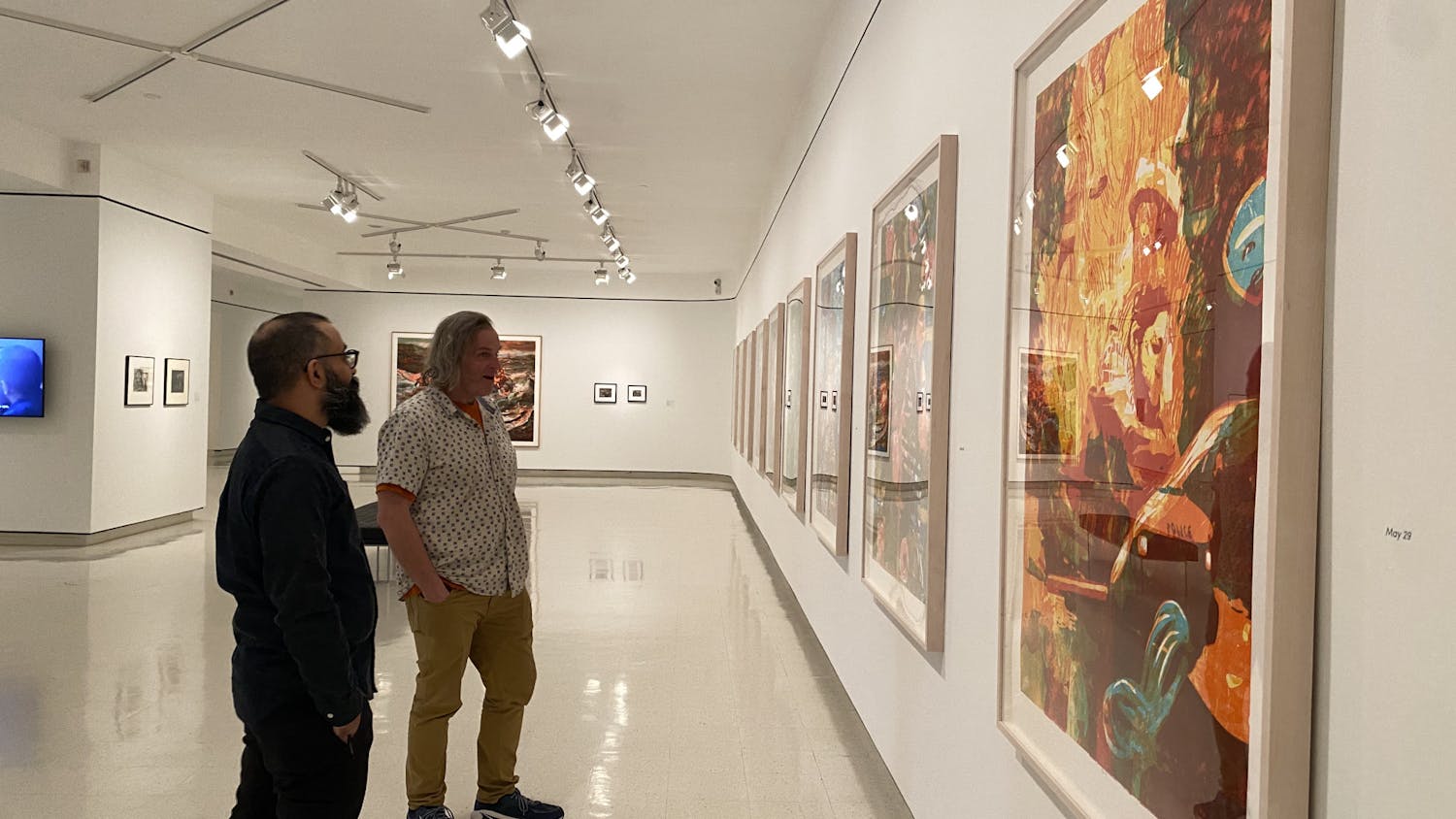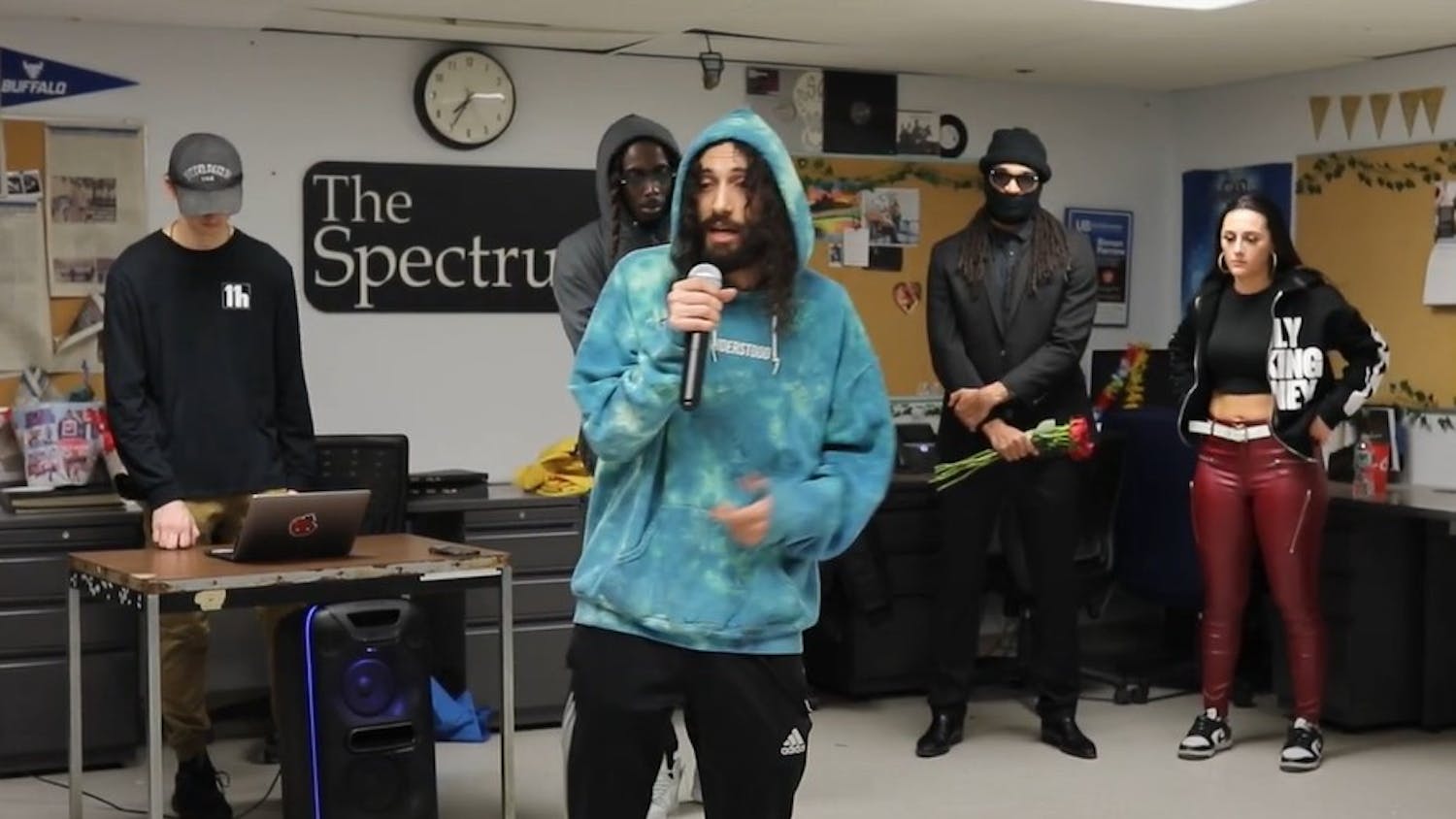UB professor David Schmid said it has been a long time since the U.S. had a president that “knows so little about the arts as Trump.”
President Donald Trump has threatened to defund the National Endowment for the Arts (NEA) and the National Endowment for the Humanities (NEH) completely since entering the Oval Office. Without these two agencies, funding for the arts in public institutions would be cut and students would have to pay for private art lessons.
The NEA is the independent federal agency that promotes arts learning in public schools and colleges all across the U.S. through partnerships with the government and local agencies. The NEH provides grants and scholarships for public schools and colleges in the U.S. The organization aims to strengthen the teaching of arts across the country, facilitate research and provide access to cultural and educational resources in the arts.
Schmid, a pop culture expert, addressed Trump’s plan and how it will affect the arts for the next four years.
“[Trump] doesn’t show any sign of realizing it’s a problem and if the Republicans go ahead and close the NEA and NEH, the U.S. will be in real trouble,” Schmid said.
Trump has also put the Corporation for Public Broadcasting (CPB) on the chopping block. He aims to privatize the Public Broadcasting Service (PBS) and National Public Radio (NPR) – two of the country’s premier platforms for the fine arts and media alike.
The CPB donates 70 percent of its funding to more than 1,500 local TV and radio stations across the country.
Schmid encourages people to think about other laws that might not seem directly linked to the arts that will in fact have a large effect on the country’s artistic population.
“Think about this – if they go ahead and repeal the Affordable Care Act, it doesn’t seem like it’ll have consequence on the surface,” Schmid said. “But consider all the freelance artists and writers that need a safety net in order to do their work. Generally, they’re a lot of college students and recent graduates that aren’t employed and they’re barely getting by as it is. It’ll prevent the work they want to do.”
Robby Johnson, a junior communication major, commented that he thought the ban was “ridiculous.”
“I think we’re going to start seeing a new type of art being made during the next four years,” Johnson said. “I could see more documentaries, rebellious music and really heavy political commentary and cartoons created, being inspired by Trump’s presidency.”
Johnson explained that he remembers people being upset over environmental and foreign policies during George W. Bush’s presidency in the early 2000s. He said that while it may seem dark now, in the end everything “might not be as bad as it seems.”
“People were upset when Bush got elected too. But the arts are what gives us a voice and no matter how hard Trump tries, he can’t completely take that away,” Johnson said. “Through films and songs people will express themselves.”
Trump’s recent executive orders have already affected the arts scene in the U.S.
Iranian film director Asghar Farhadi will not be attending this year’s Oscars. His picture “The Salesman”was nominated for Best Foreign Film. Farhadi said after Trump’s recent travel ban executive order he wouldn’t have attended, even if there were not a travel ban.
Schmid is concerned for the U.S.’s reputation after such drastic measures were taken in the President’s first few days in office.
“Try and calculate the impact it has on the reputation of the U.S., it’s very poor,” Schmid said. “Lots of protests are sparking over the travel ban, which is stopping some people from coming to the Oscars. Not only can celebrities not make it, but no more scholars, Fulbright and international students will want to come to the U.S.”
Other students recognized that Hollywood and the White House often have had a healthy relationship during past presidencies.
Mark Enobakhare, a sophomore aerospace engineering major, said he noticed a difference between Barack Obama’s relationships with artists versus Trump’s relationships.
“I watched a little bit of his inauguration and I didn’t see many celebrities there in the crowd,” Enobakhare said. “I remember at Obama’s inauguration there was a ton of A-list celebrities and a huge lineup for his concert. And that just wasn’t the case for Trump.”
The Spectrum asked UB spokesperson John Della Contrada if any upcoming performers would not be able come to UB as a result of the ban, but only students have been affected.
As more people protest Trump’s executive orders, donations to art organizations have increased in an effort to keep them afloat during his presidency.
“When a value is threatened, lots of people flock to its defense,” Schmid said. “We’re going to see lots of artsy organizations that may have had trouble getting money now get a lot of donations as a backlash from Trump’s policies. People now realize we can’t take it for granted. Let’s see them put their money where their mouth is and someone in his organization may finally realize the lack of interest the president has in the arts.”
Max Kalnitz is the senior arts editor and can be reached at max.kalnitz@ubspectrum.com





